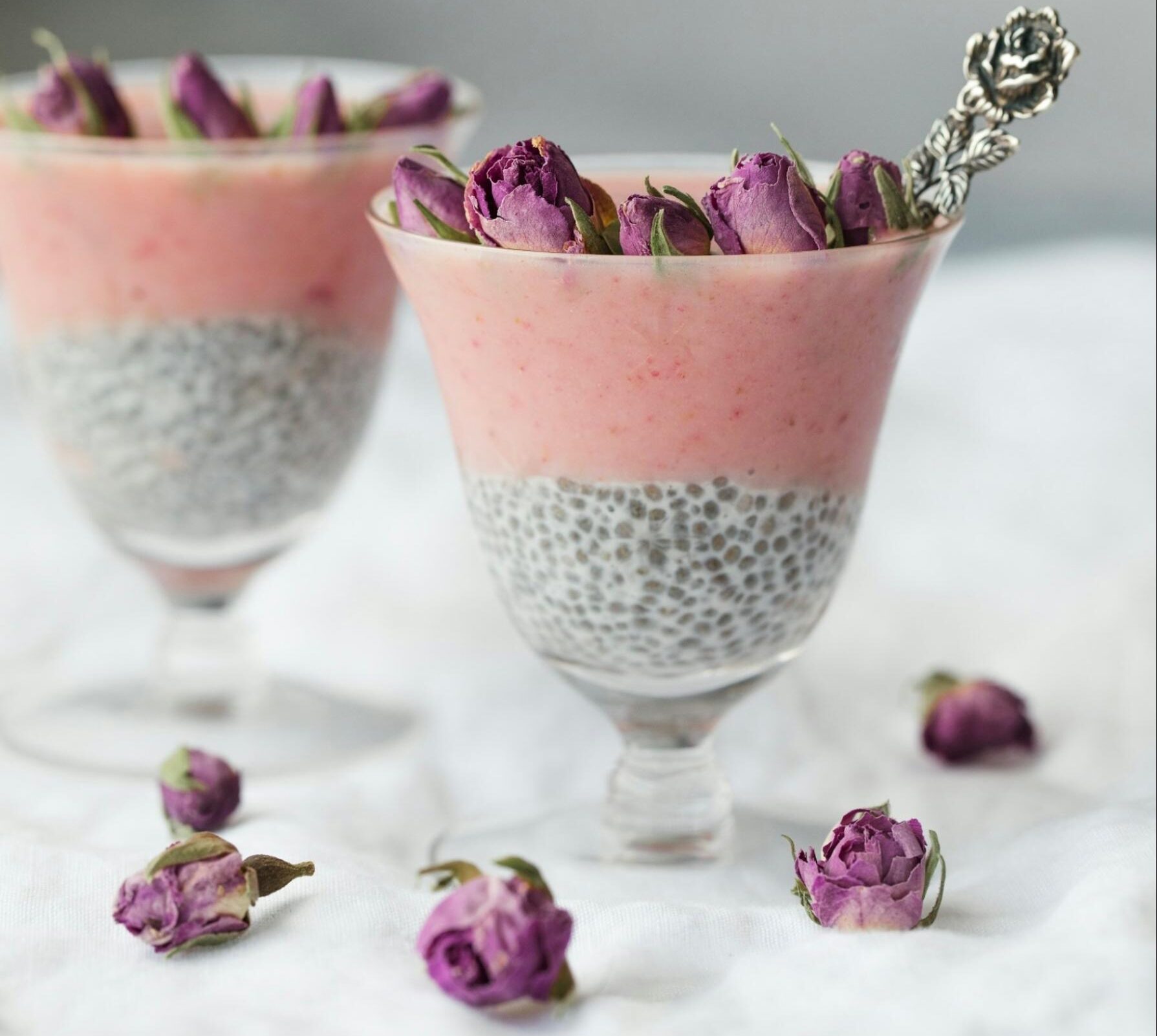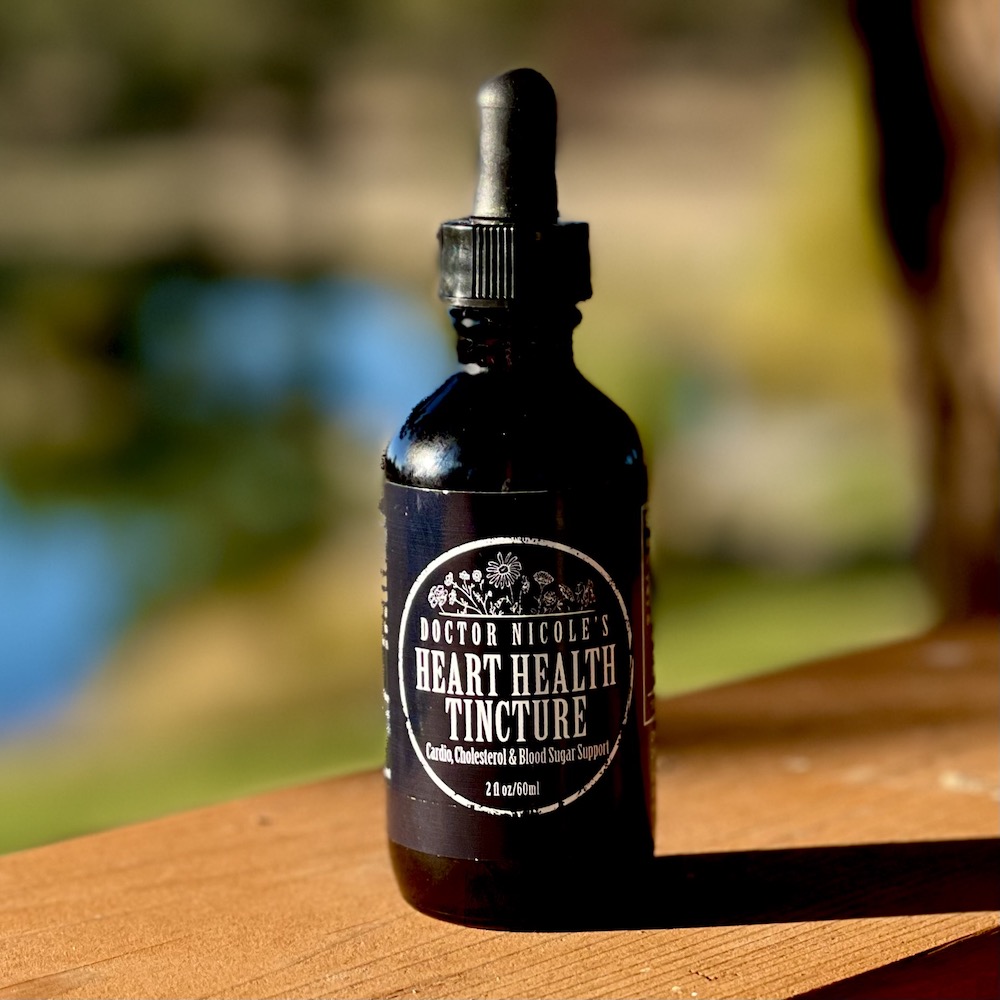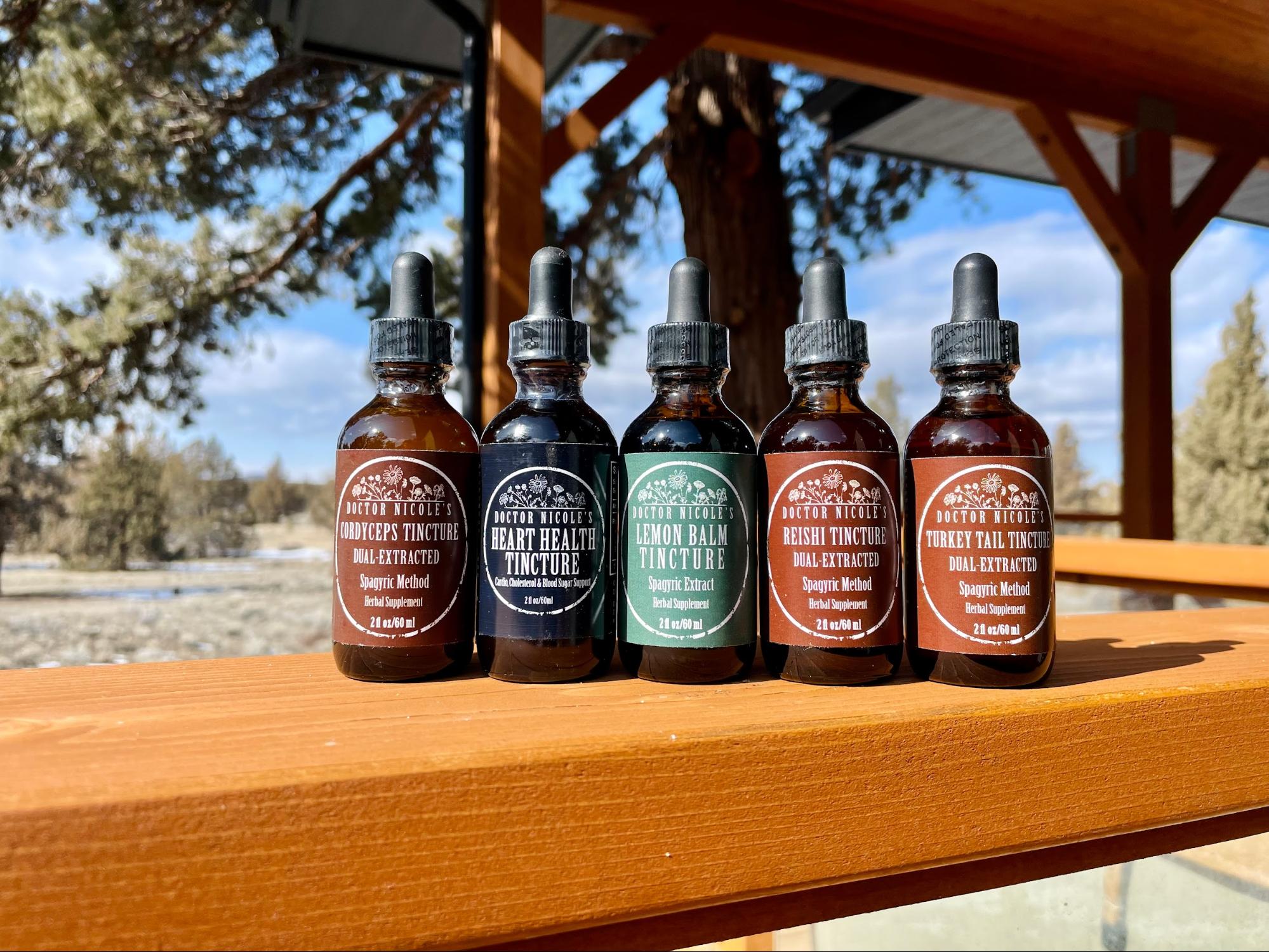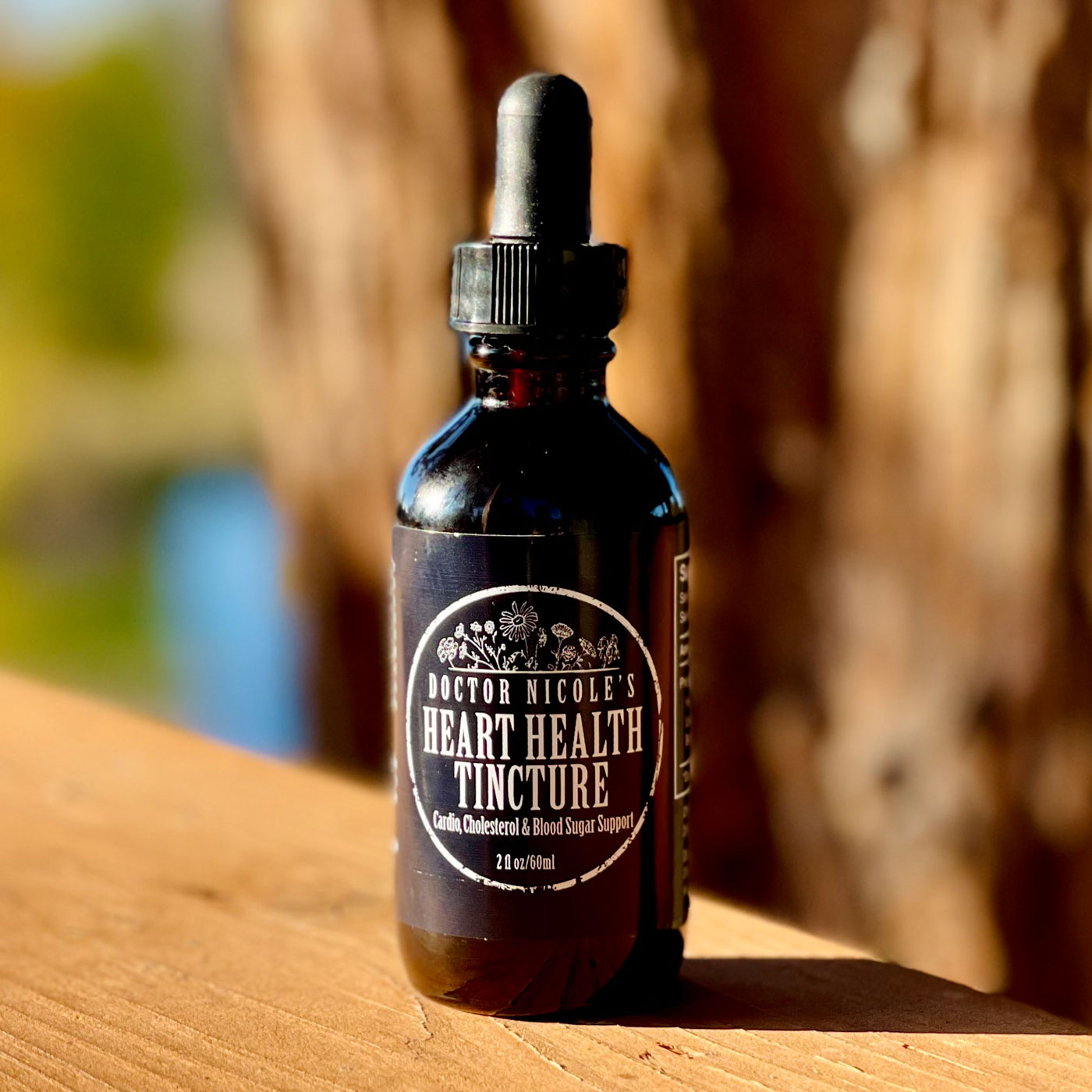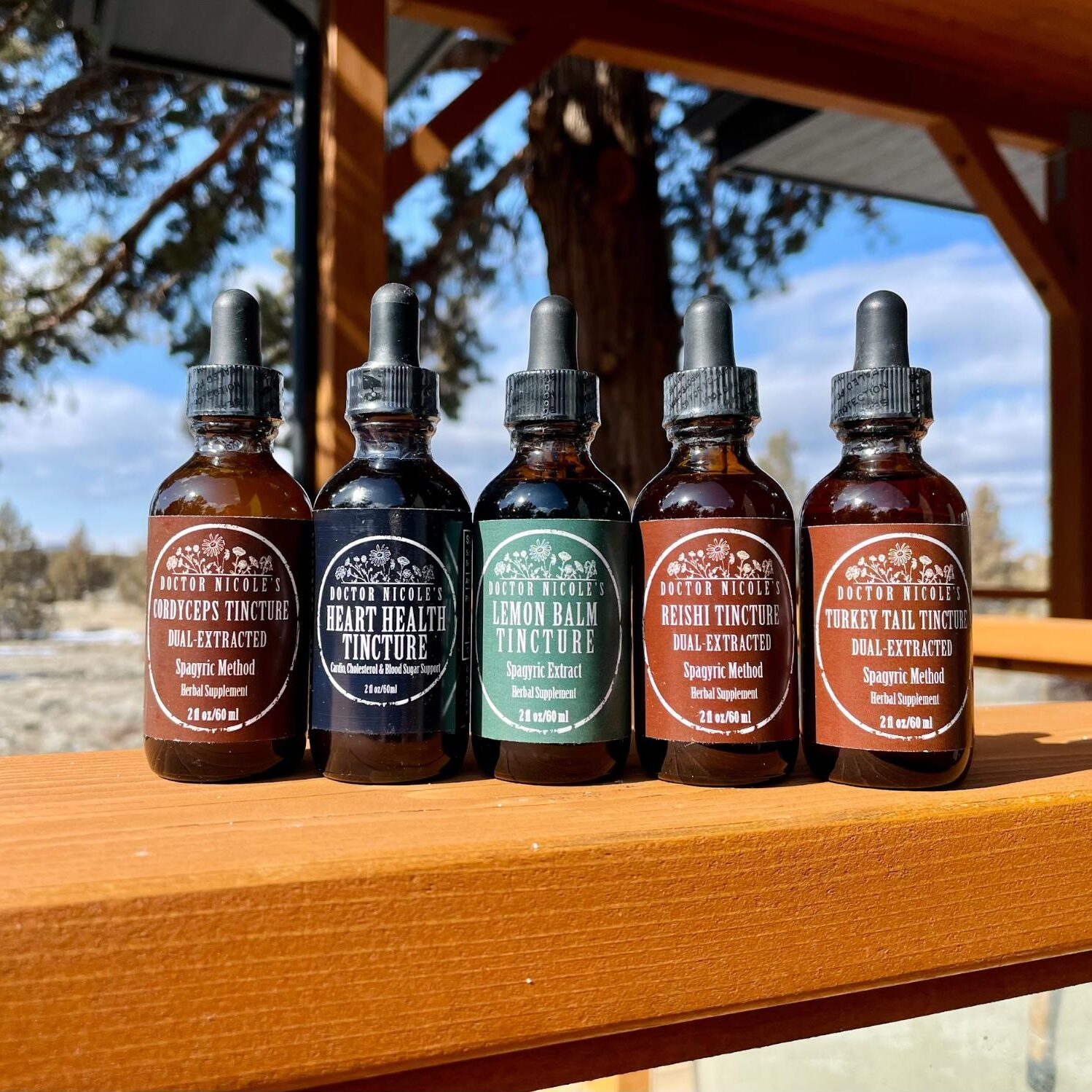A Small But Mighty Seed
Long known in health circles as a health-promoting superfood, chia seeds are packed with protein, fiber, vitamins and minerals, and omega-3 fatty acids. They also contain important antioxidants, such as quercetin, kaempferol, chlorogenic acid, caffeic acid, and myricetin, which not only add to their nutritional profile, but also preserve their beneficial fats against oxidation. Not surprisingly, these factors make chia seeds exceedingly healthy and they’ve been shown to tame inflammation, stabilize blood sugar levels, support weight loss, strengthen bones, and now research out of Oregon State University has found strong genetic evidence these seeds can lower your risk of heart disease.

Mapping the Genetic Properties of Chia Seeds & Heart Health Advantages
Published in the journal Frontiers of Plant Science, researchers at Oregon State University have completed the massive task of mapping the entire genome of chia seed.1 Why is this important? Because by doing so, the team was able to identify molecules in the seeds that are directly tied to specific health benefits.
“It was the first time a plant genome was analyzed for its potential nutritional quality and discovery of biopeptides that may play a role in improving human health conditions,” says Dr. Pankaj Jaiswal, senior investigator of the study and member of OSU’s Department of Botany and Plant Pathology.2
What’s more, the identification of these genetic properties may lead to developing treatments for high blood pressure and supporting cardiovascular health in the not-too-distant future. Chia seeds are already known for their impressive mineral profile, including being high in calcium and magnesium, which play a role in lowering blood pressure. They are also rich in antioxidants and omega-3 fatty acids, thereby protecting against oxidative stress and inflammation — two factors that contribute to heart disease if left unchecked.
Previous studies have suggested chia seeds may also improve the ratio between “good” and “bad” blood cholesterol, further enhancing their healthy cardiovascular effects.3 Other research has found the chlorogenic acid found in the seed may help to lower blood pressure, while caffeic acid has been shown to have heart-healthy, anti-inflammatory impacts. 4,5 Moreover, a randomized controlled trial established supplementing with chia seed flour significantly lowered blood pressure in hypertensive patients.6 Another trial found the same, only this time in those with type 2 diabetes.7
In light of these findings, it is worth noting chia seeds are an outstanding food to integrate into your daily diet — particularly if you are concerned about heart disease. For an additional boost, several natural remedies are helpful too — as we will see below.
Cardiovascular Health: Plant-Powered Protection & Support
Many have asked about the best herbal medicines for not only addressing heart disease but preventing it altogether. Four botanicals really shine in this regard: hawthorn, fenugreek, tulsi (holy basil), and bilberry. Each is found in our powerfully effective Heart Health Blend. This formulation can also be found in our Heart, Blood Pressure, & Blood Sugar Support Bundle.
Hawthorn not only lowers blood pressure, but also heart-harming triglycerides and cholesterol; provides an excellent source of polyphenol antioxidants to boost heart health; cools inflammation; and promotes overall circulatory fitness.
Managing blood sugar levels is a crucial aspect of cardiovascular health. When your blood sugar levels become too high, it leads to an increase in cholesterol and triglyceride levels, while also promoting inflammation that stresses the vascular system. This is why diabetics need to be especially careful in protecting heart health. Fenugreek is exceptional for this purpose. It slows the absorption of carbohydrates, increases insulin release, and regulates blood sugar. It also tames inflammation and improves the efficiency of how the body metabolizes sugar.
The legendary tulsi (holy basil) herb in Ayurvedic medicine also lowers blood glucose levels and addresses insulin resistance, plus increases the production of insulin. What’s more, it improves lipid profiles, reduces cholesterol, guards against oxidative damage, and calms inflammation.
Lastly, antioxidant-rich bilberry reduces blood pressure, regulates cholesterol levels, and strengthens blood vessel walls. Similar to certain types of blood sugar medication, bilberry prevents the breakdown and absorption of carbohydrates in the gut. Bilberry is also packed with anthocyanins, which support healthy blood sugar levels, inflammation, and cardiovascular health.
Searching for all-natural, time-tested solutions for cardiovascular health and more? Stop by the apothecary today and experience the difference our herbal extracts can make!
Nicole Apelian
Nicole’s Apothecary Products in this Post
References
- Gupta, P., Geniza, M., Elser, J., Al-Bader, N., Baschieri, R., Phillips, J. L., Haq, E., Preece, J., Naithani, S., & Jaiswal, P. (2023). Reference genome of the nutrition-rich orphan crop chia (Salvia hispanica) and its implications for future breeding. Frontiers in plant science, 14, 1272966. https://doi.org/10.3389/fpls.2023.1272966
- “Chia seeds could lead to future treatments for high blood pressure and cancer” by Robby Berman — medically fact checked by Kelsey Costa, MS, RDN. Medical News Daily, December 14, 2023. https://www.medicalnewstoday.com/articles/chia-seed-genome-benefits-human-health
- Silva, L. A., Verneque, B. J. F., Mota, A. P. L., & Duarte, C. K. (2021). Chia seed (Salvia hispanica L.) consumption and lipid profile: a systematic review and meta-analysis. Food & function, 12(19), 8835–8849. https://doi.org/10.1039/d1fo01287h
- Onakpoya, I. J., Spencer, E. A., Thompson, M. J., & Heneghan, C. J. (2015). The effect of chlorogenic acid on blood pressure: a systematic review and meta-analysis of randomized clinical trials. Journal of human hypertension, 29(2), 77–81. https://doi.org/10.1038/jhh.2014.46
- Liu, Z., Fu, J., Shan, L., Sun, Q., & Zhang, W. (2014). Synthesis, preliminary bioevaluation and computational analysis of caffeic acid analogues. International journal of molecular sciences, 15(5), 8808–8820. https://doi.org/10.3390/ijms15058808
- Toscano, L. T., da Silva, C. S., Toscano, L. T., de Almeida, A. E., Santos, A.daC., & Silva, A. S. (2014). Chia flour supplementation reduces blood pressure in hypertensive subjects. Plant foods for human nutrition (Dordrecht, Netherlands), 69(4), 392–398. https://doi.org/10.1007/s11130-014-0452-7
- Alwosais, E. Z. M., Al-Ozairi, E., Zafar, T. A., & Alkandari, S. (2021). Chia seed (Salvia hispanica L.) supplementation to the diet of adults with type 2 diabetes improved systolic blood pressure: A randomized controlled trial. Nutrition and health, 27(2), 181–189. https://doi.org/10.1177/0260106020981819

